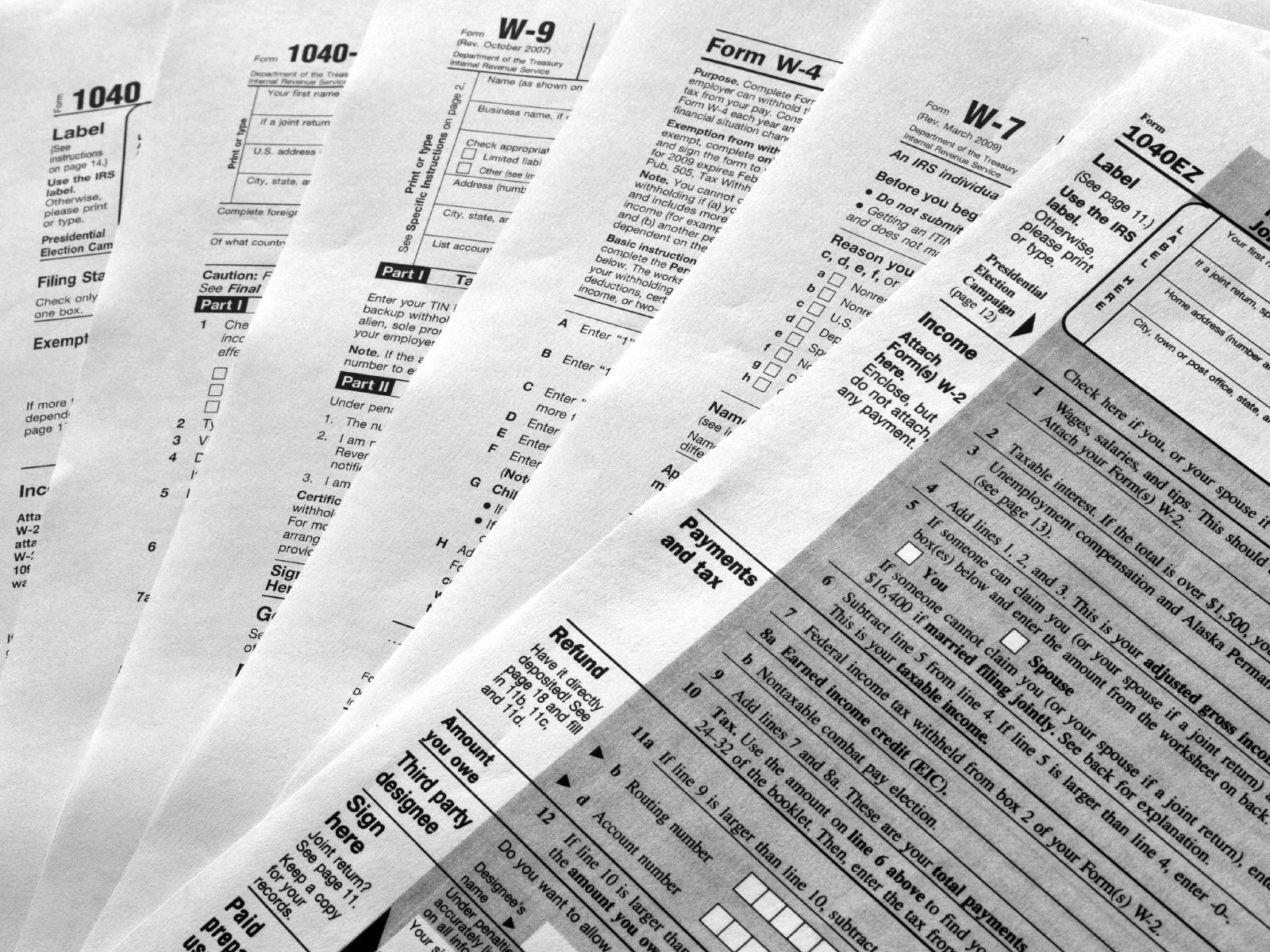Navigating Business Tax Deadlines: Understanding Extensions for Corporate Returns
Navigating Business Tax Deadlines: Understanding Extensions for Corporate Returns
Tax season can be a challenging time for businesses, with numerous financial documents to organize and complex tax laws to navigate. As the deadline for filing corporate tax returns approaches, it's crucial for businesses to be aware of their options, especially if they need more time to gather necessary information. The Internal Revenue Service (IRS) provides a solution for such situations: the extension of time to file corporate tax returns. In this article, we'll delve into what a tax extension means for businesses, how to request one, and key considerations to keep in mind.
What is a Tax Extension for Businesses?
A tax extension for businesses is a formal request made to the IRS for additional time beyond the original deadline to file corporate tax returns. Typically, the deadline for filing corporate tax returns is March 15th for calendar year taxpayers. However, by filing for an extension, businesses can extend this deadline, providing more time to ensure accurate and comprehensive tax filings.
How to Request an Extension:
Requesting a tax extension is a straightforward process. The IRS provides several methods for taxpayers to request an extension, including:
- Using Form 7004: Businesses can file Form 7004, Application for Automatic Extension of Time To File Certain Business Income Tax, Information, and Other Returns. This form must be submitted by the original filing deadline and grants an additional six months to file, extending the deadline to September 15th for calendar year taxpayers.
- Electronic Filing: Many businesses opt to request an extension electronically through tax preparation software or the IRS's e-file system.
- Hiring a Professional: Businesses can also seek assistance from tax professionals to ensure the proper completion and submission of extension requests.
Important Considerations:
When considering filing for a tax extension for a business, it's essential to keep the following factors in mind:
- Extension for Filing, Not Payment: a tax extension for a business only extends the deadline for filing the return, not for paying any taxes owed. Businesses must estimate and pay any taxes owed by the original deadline to avoid penalties and interest.
- Penalties and Interest: Failure to file corporate tax returns or pay taxes owed by the original deadline can result in penalties and interest charges. While an extension provides more time to file, it does not exempt businesses from these penalties if they fail to meet their tax obligations promptly.
- State Tax Obligations: In addition to federal taxes, businesses must also consider state tax deadlines and requirements. Some states align their deadlines with federal extensions, while others may have separate procedures that businesses need to follow.
Requesting an extension of time to file corporate tax returns can be a valuable option for businesses needing additional time to ensure accurate and comprehensive tax filings. By understanding the process and important considerations involved, businesses can effectively manage tax deadlines and ensure compliance with IRS regulations. Whether opting for electronic filing, utilizing Form 7004, or seeking assistance from tax professionals, proactive management of tax obligations is essential for businesses to navigate tax season successfully. Remember, staying informed and planning ahead is key to minimizing stress and ensuring a smooth tax filing process for your business.








